In the heart of the Middle East, Jordan is not naturally endowed with huge oil resources like its neighboring countries, but it possesses an intellectual resource that few countries in the region can match.
Journey of knowledge creation
Jordan understands that investing in education is investing in the future. From the very beginning, the country built a solid educational foundation, so that every child, regardless of gender, would benefit from a free, universal education policy.
Jordan is constantly expanding its school network to the most remote areas, making schooling a given for every child.
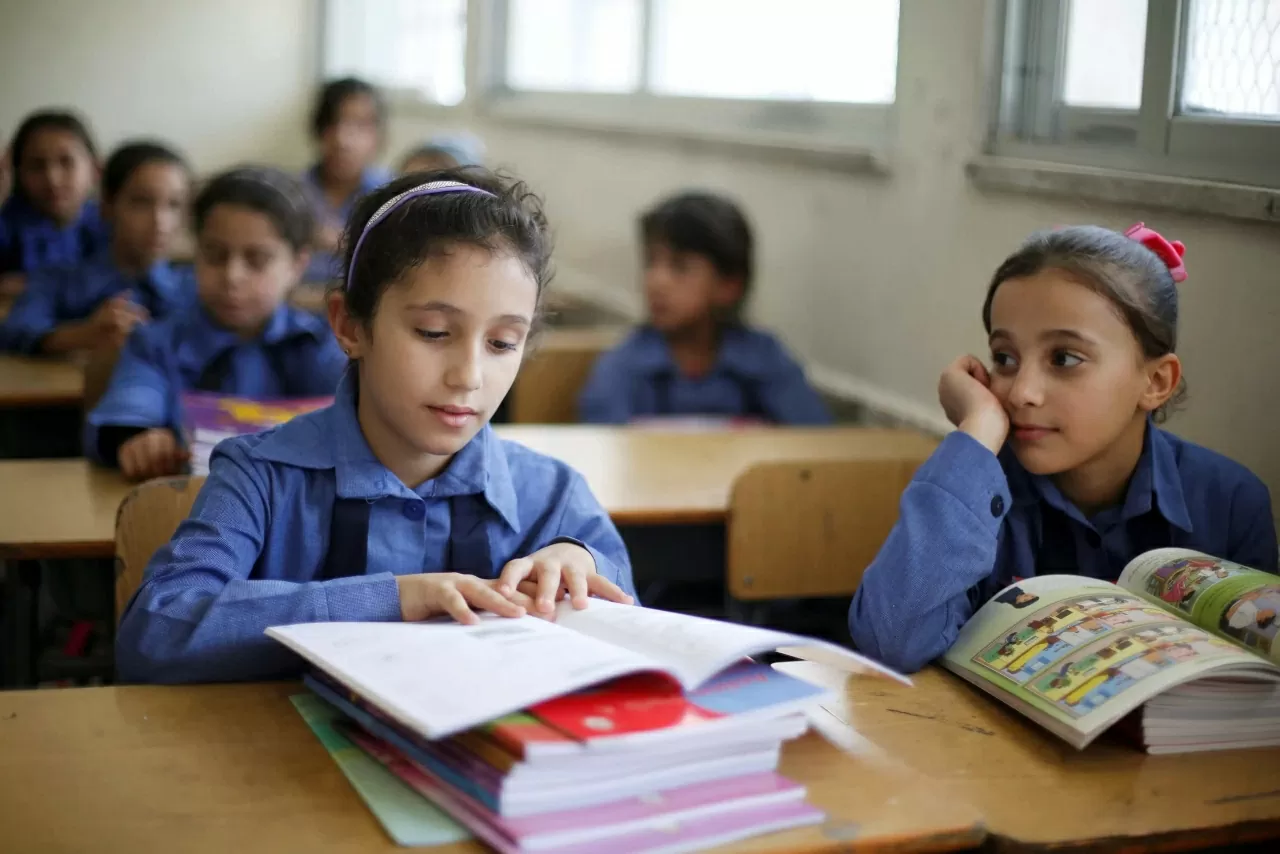 |
Every child in Jordan has the right to access education. (Source: Brookings) |
These efforts have yielded unexpected results. Data from the World Bank (WB) and UNESCO show that literacy rates in Jordan are expected to reach near-perfect levels, reaching 95% by 2023.
In particular, the female literacy rate is up to 92.3% (2023). This is a very admirable figure, not only outstanding in the Middle East region but also comparable to many developed countries.
But above all, these figures are proof of a country that puts people at the center and considers knowledge as the foundation of national strength.
Therefore, although it does not possess oil or abundant natural resources, Jordan has proven that investing in education is the most solid path to building the future, helping this country continuously affirm its position in the volatile Middle East region.
Jordanian women lead the way
The Middle Eastern nation's educational success doesn't stop at literacy rates.
In Jordanian universities, female students are the majority. According to UNESCO, in 2023, the female to male ratio in universities will be 1.34, meaning that for every 100 males, there will be 134 females, while the world average is 1.16.
The United Nations report also shows that Jordanian women are not only participating in large numbers but are also leading in many key scientific fields.
While the global proportion of women studying STEM subjects at university level is only about 30%, in Jordan, figures show that more than 60% of students in natural sciences, medicine, dentistry and pharmacy are female. The proportion is 28% in engineering and about 45% in computer science.
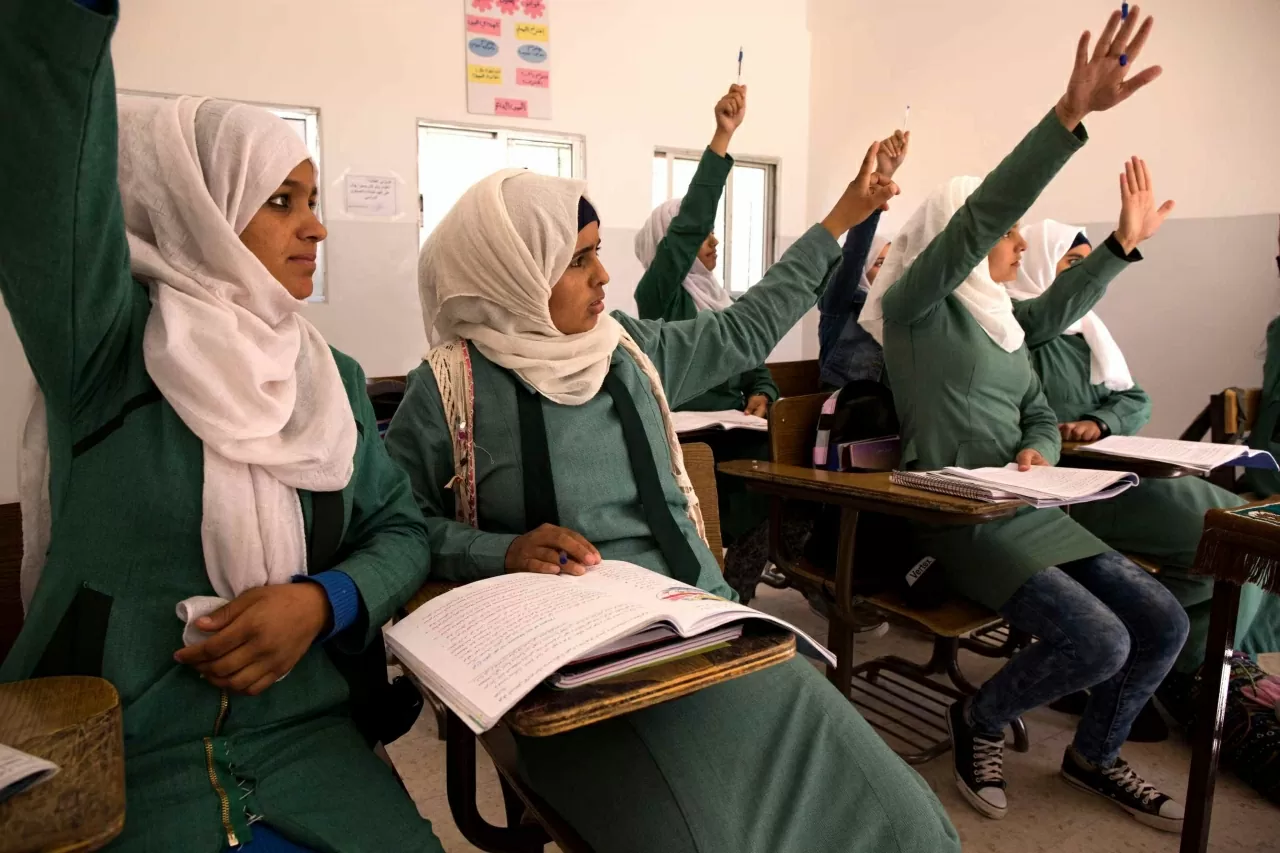 |
| Female students enthusiastically raise their hands to speak in a classroom in Jordan. (Source: National Geographic) |
Jordanian women's educational achievements are not just numbers, but are also realized through concrete examples.
Dr. Heba Alzaben, a young Jordanian scientist, has been named one of six outstanding female scientists from the Levant region (including Syria, Lebanon, Jordan, Israel, Palestine and parts of Türkiye) for the L'Oréal-UNESCO Prize for Women in Science.
She follows in the footsteps of predecessors such as Dr. Lina Dahabiyeh (2020 laureate) and Dr. Nouf Mahmoud (2019 laureate).
Building the future
Jordan’s educational achievements are not accidental, but the result of a detailed strategy. Jordan’s Education Sector Plan 2018-2025 was developed with the vision of transforming the education system to be learner-centered and geared towards a knowledge-based economy.
The focus of this Plan is to shift from traditional teaching methods that focus on memorization to comprehensively developing students' abilities, with a focus on 21st century skills such as critical thinking, creativity, communication and collaboration.
In addition, the Plan pays special attention to digitalizing education, integrating information technology into teaching and learning, and strongly developing technical and vocational education and training (TVET) to create a highly skilled workforce that meets the actual needs of the domestic and foreign labor markets.
This is a solid strategic foundation for Jordan to continue to consolidate its achievements, while solving the gap between education and employment, opening up a brighter future for the younger generation.
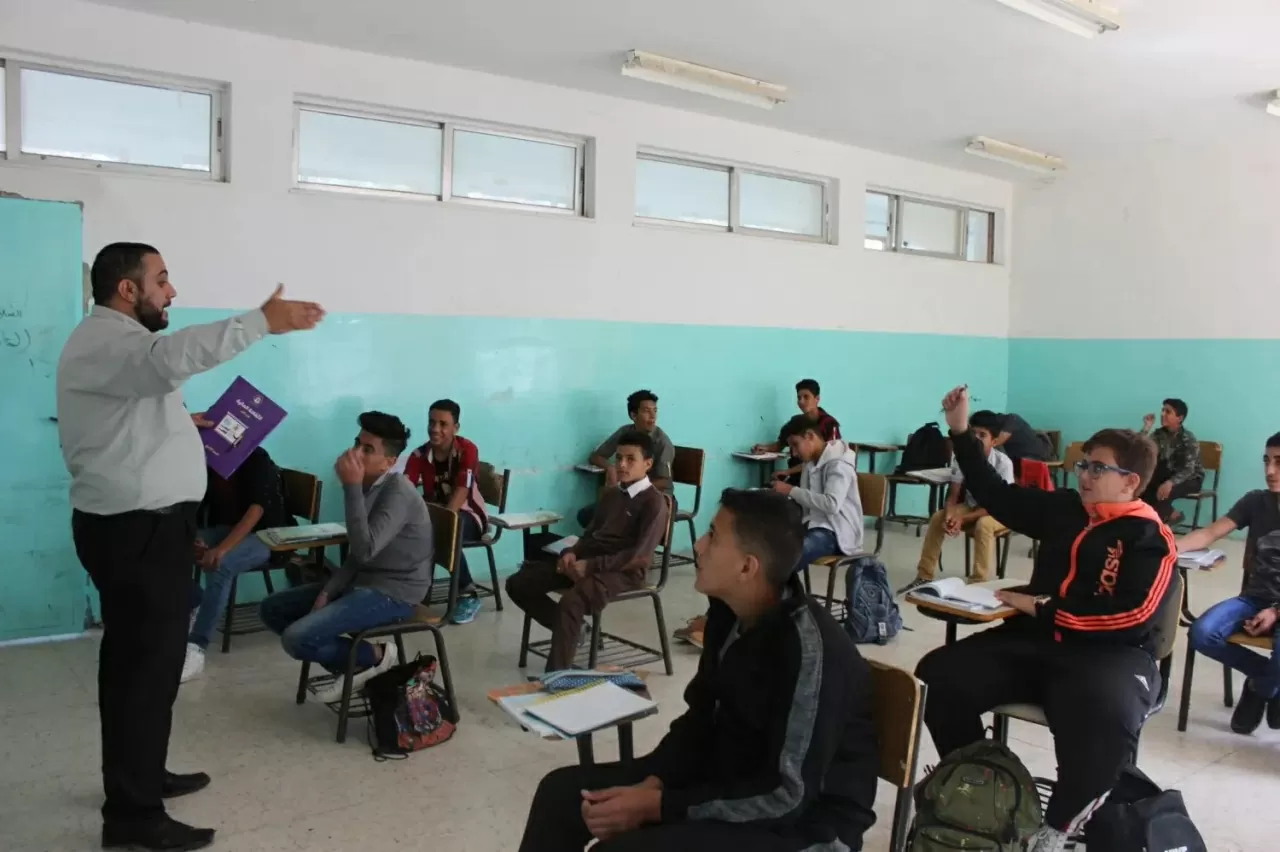 |
| Jordan is pushing education reform, shifting the focus from memorization to training in critical thinking, creativity and life skills. (Source: Brookings) |
This strong commitment was further demonstrated at the 2023 Sustainable Development Goals (SDG) Summit, where the Jordanian government reaffirmed its commitment to accelerating efforts to achieve SDG 4 on quality education.
The focus is on expanding preschool education, overcoming post-Covid knowledge loss through the National Supplementary Education Plan and comprehensively reforming the teacher training system towards standardization.
To realize these goals, Jordan has synchronously deployed solutions from enhancing public-private cooperation, building an effective monitoring system to promoting digital transformation in education management.
It can be said that Jordan has affirmed that the strength of a nation lies in its people and knowledge. With a long-term vision and strong commitment, the Middle Eastern country has and will build a comprehensive, equitable and digital-age-adaptive education system.
From remote classrooms to modern university lecture halls, knowledge has become the thread that connects Jordan's young generation to the world.
In particular, in that journey, the "steel roses" will have a strong presence, will lead innovation, and affirm the central role of education in building a progressive and equal society.
Source: https://baoquocte.vn/jordan-va-hinh-mau-ve-cai-cach-giao-duc-tai-trung-dong-333783.html



![[Photo] General Secretary To Lam visits Long Thanh International Airport Project](https://vphoto.vietnam.vn/thumb/1200x675/vietnam/resource/IMAGE/2025/11/13/1763008564398_vna-potal-tong-bi-thu-to-lam-tham-du-an-cang-hang-khong-quoc-te-long-thanh-8404600-1261-jpg.webp)




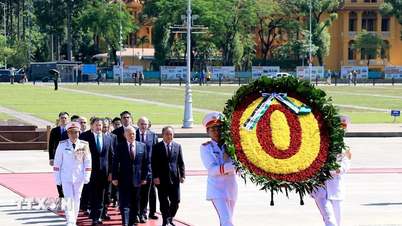

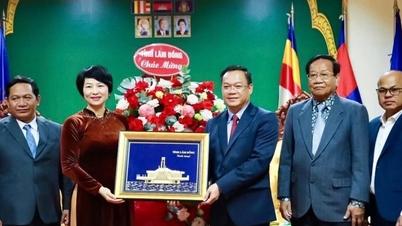

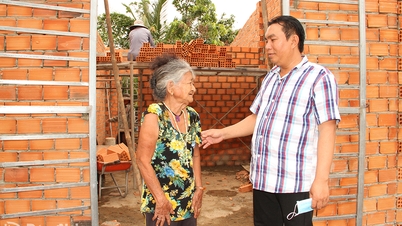

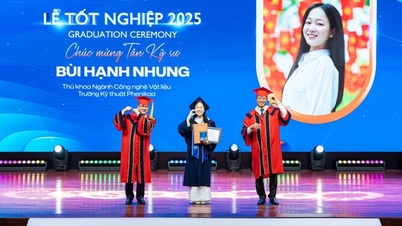



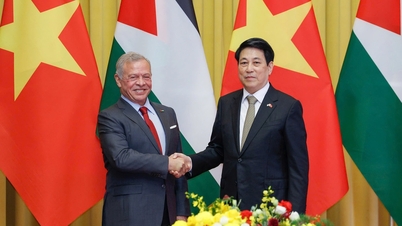
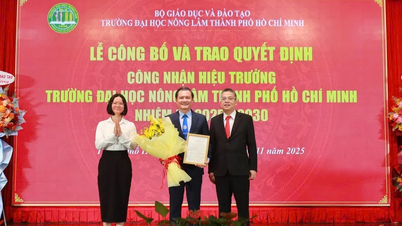



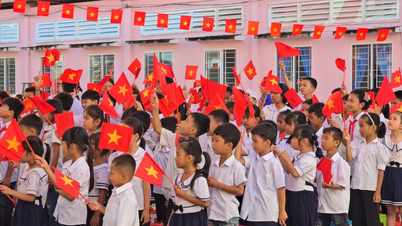
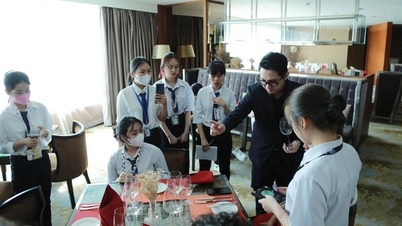
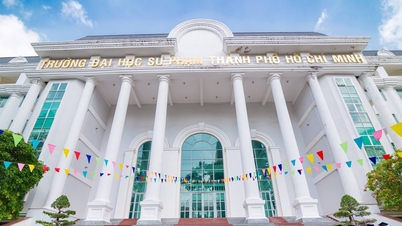

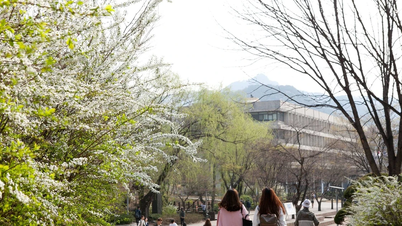




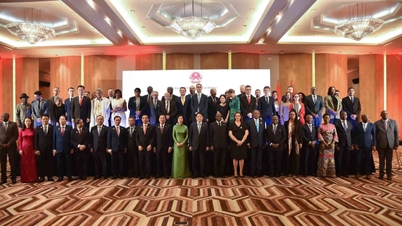
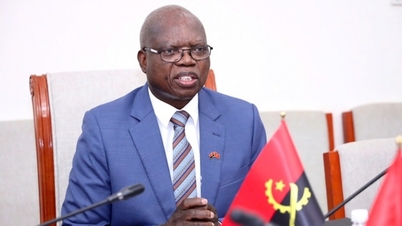
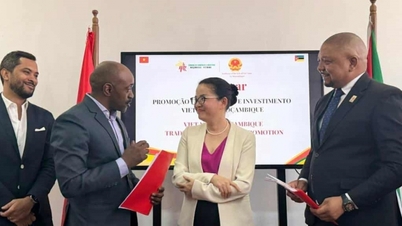
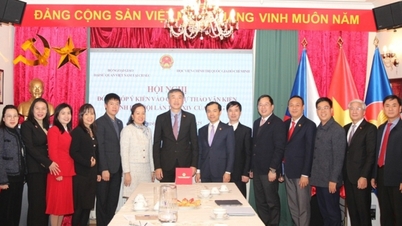
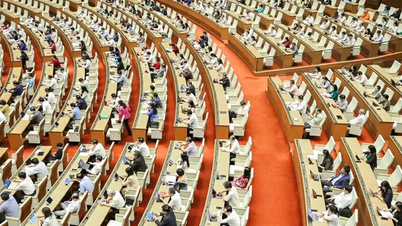
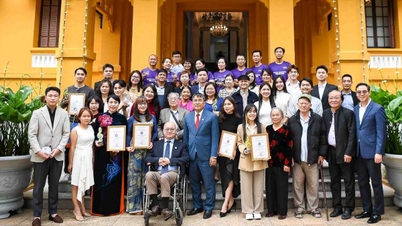
![[Photo] The "scars" of Da Nang's mountains and forests after storms and floods](https://vphoto.vietnam.vn/thumb/1200x675/vietnam/resource/IMAGE/2025/11/13/1762996564834_sl8-jpg.webp)

















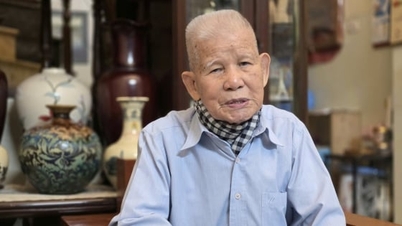

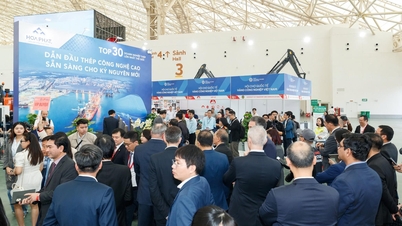

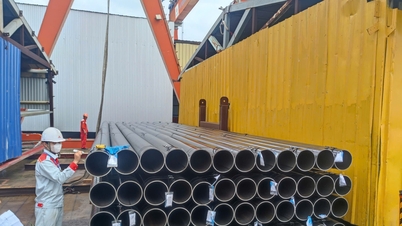

















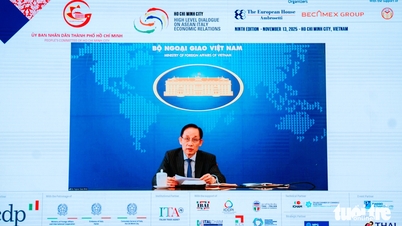
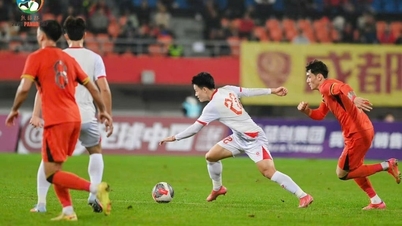


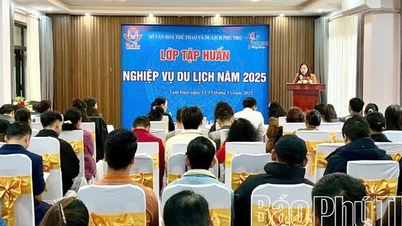



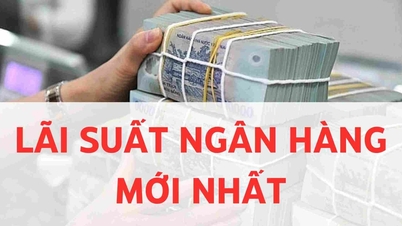

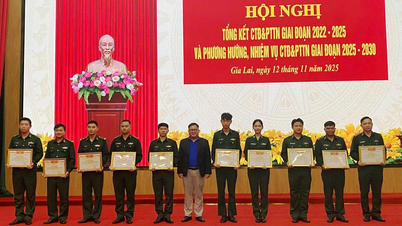

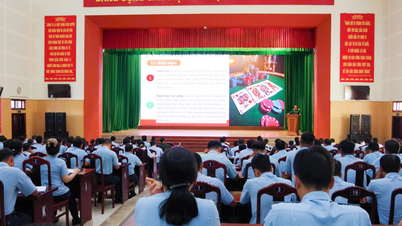

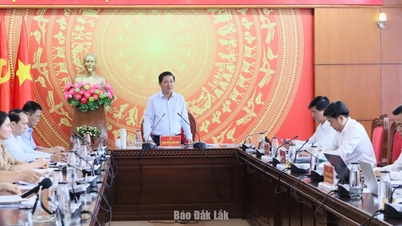

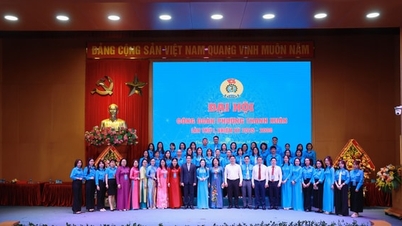

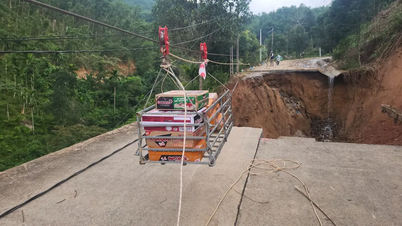






![Dong Nai OCOP transition: [Article 3] Linking tourism with OCOP product consumption](https://vphoto.vietnam.vn/thumb/402x226/vietnam/resource/IMAGE/2025/11/10/1762739199309_1324-2740-7_n-162543_981.jpeg)






Comment (0)